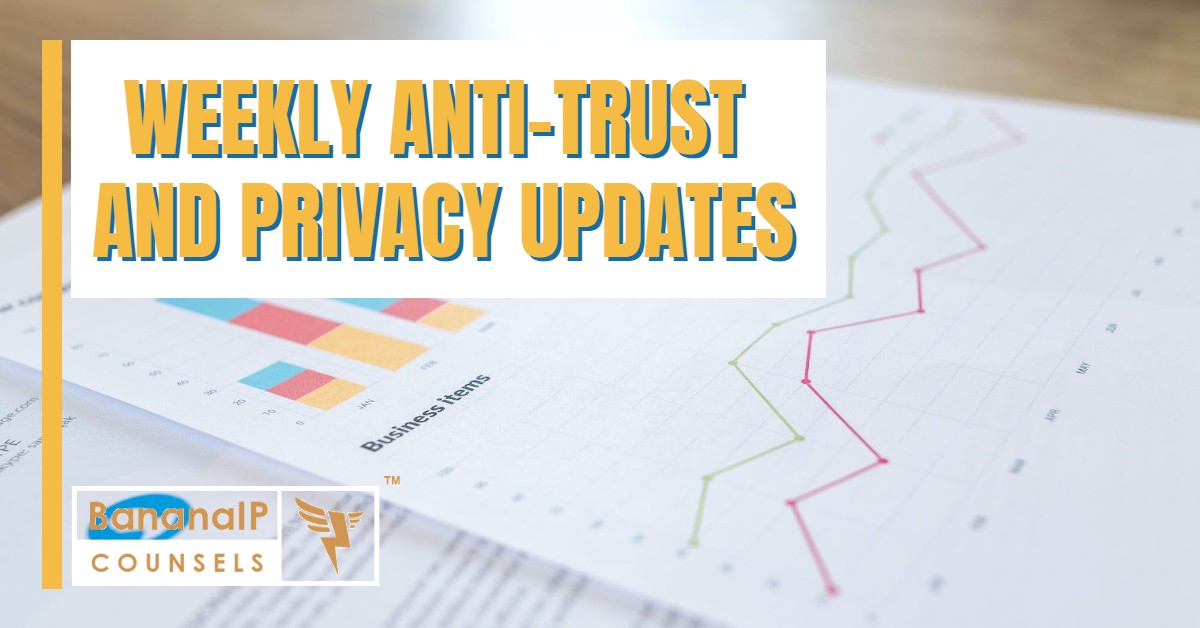This week’s Antitrust Updates are as follows:
Optus Data Breach – Australian Government Blames the Company over the Breach
The Australian telecommunication giant, Optus, was the victim of a large data breach of over 10 million customers. The leaked data included personal details (home addresses, drivers’ licenses, passport numbers) of the customers. An anonymous account ‘optusdata’ appeared online claiming responsibility for the attack, and published data of over 10,000 customers online, with a demand for ransom. The Australian Government blamed Optus for the data breach, accusing them of leaving a window open for the hackers to steal data. The company responded to the claims by defending their policies for data privacy, and that they strictly adhered to them. The anonymous account ‘optusdata’ has withdrawn their ransom request and apologized for the same in the meantime.
Meta Sued for Tracking iOS Users by working a Privacy Loophole
Meta has been accused in a class-action suit for tracking their iOS users, by way of the in-app browser for their Facebook App which is used for opening links within the app. The class-action suit has accused the company for violating privacy regulations, both at the state and the federal level. This is the second complaint filed against the company in the last week. The complaint alleges that the company has been inducing a javascript code while the users are opening links in the in-app browser, allowing the company to monitor the interactions of the users with every website opened using the web-browser. The company has defended itself by calling the accusations of being devoid of any merit, and that they respect data privacy of their users.
European Commission Adopts Guidelines for Solo Self-Employed People
The European Commission has adopted the EU Guidelines related to the applicability of the EU Competition Law. The guidelines describe the applicability of the EU Competition Law on collective agreements regarding working conditions for solo self-employed people, and describe the conditions where certain self-employed people can collectively negotiate better working conditions, while not contravening the EU Competition Rules. The guidelines cover the people who work entirely on their own, and do not employ any form of help. Such self-employed people are considered undertakings and risk contravening the EU Competition rules. The Guidelines are further scheduled for review in 2030.
Authored by Ipshita Bhattacharyya (Associate, BananaIP Counsels), and Tanmaya Purohit (Intern, BananaIP Counsels).
About BananaIP Counsels Trademark Attorneys
This Antitrust News Bulletin is brought to you by the Trademark/Copyright, and IP Transactional Strategy Divisions of BananaIP Counsels, a Top ranked IP Firm in India. BananaIP Counsels’ trademark attorneys are among the leading experts in the field. If you have any questions, or need any clarifications, please write to [email protected] with the subject: Antitrust News.
The weekly intellectual property law news initiative is a part of their pro bono work and is aimed at spreading awareness about intellectual property and allied laws. You are free to share the news with appropriate attribution and link back to the source.



